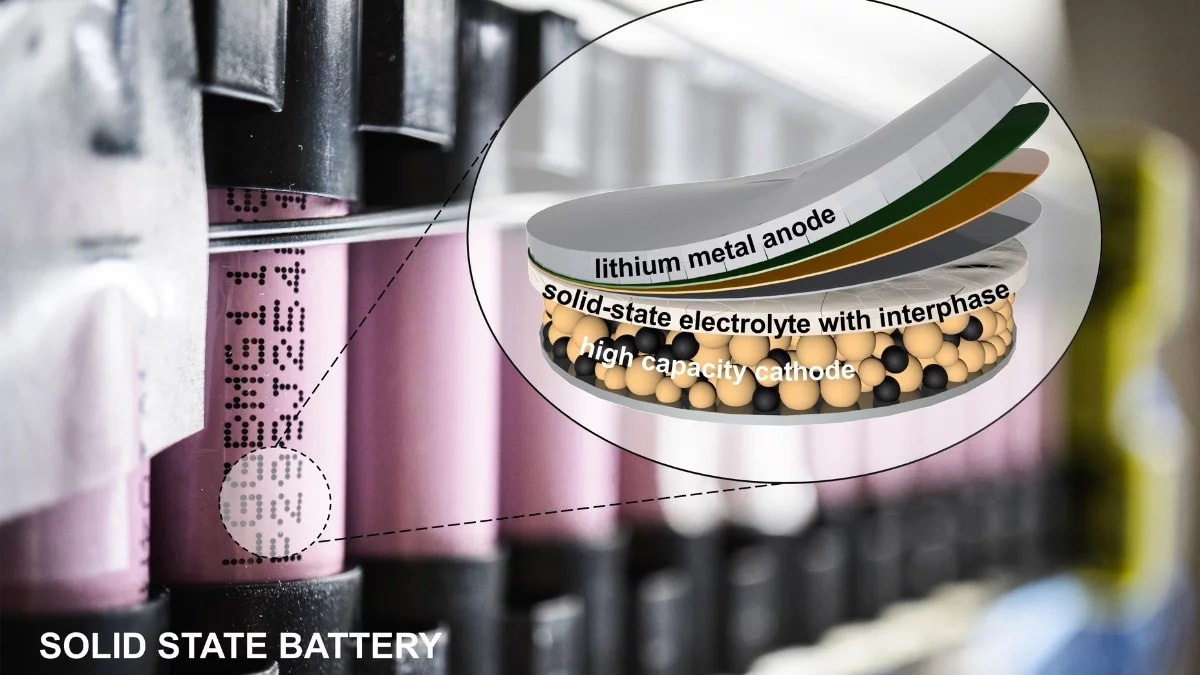Scientists from the National Physical Laboratory, University College London, and the University of Surrey have developed a unique approach for making solid-state electrolytes for solid-state batteries safer and more effective. This research could lead to increased battery energy storage capacity for use in mobile and electric vehicles.

Image Credit: University of Surrey
The scientists discovered a mechanism to regulate the internal flow of electrons within the battery to avoid a typical problem known as “lithium dendrite growth.” This issue occurs when little particles of lithium metal develop in such a way that the battery experiences a short circuit or loses power.
To address this, the scientists developed a unique barrier between the solid-state electrolyte and the lithium metal anode that prevents undesired electrons from entering the electrolyte and causing difficulties—all while improving the battery’s lifespan.
We have developed a solution to address the dendrite growth problem in solid-state batteries, where dendrites can cause the complete failure of the battery. Our approach involves creating a barrier layer that allows the battery to function normally but slows down dendrite growth and promotes their quick elimination, thus making the battery safer and more reliable.
Dr. Xuhui Yao, Study First Author, University of Surrey
Dr. Xuhui Yao is also associated with the National Physical Laboratory.
Solid-state batteries are different from traditional batteries in that they use solid-state electrolytes (SSEs) instead of liquid electrolytes. These SSEs are typically built of ceramics or glass, which allows for various potential benefits over existing batteries, such as improved safety due to the absence of flammable liquid electrolytes, higher energy density, and longer lives.
The technology is viewed as a promising component of the energy mix that will help the world to move to a net-zero future.
The scientific community must continue to innovate quicker if the world is to develop energy storage solutions that help the UK and the world transition to net zero. One of the big challenges ahead is how we meet the demand for electric vehicles, and this new method could help confirm solid-state batteries as the right technology for this job.
Dr. Yunlong Zhao, Senior Lecturer and Project Leader, Advanced Technology Institute, University of Surrey
Dr. Yunlong Zhao is also associated with the National Physical Laboratory.
Journal Reference:
Yao, X., et al. (2023). Rectifying interphases for preventing Li dendrite propagation in solid-state electrolytes. Energy & Environmental Science. doi.org/10.1039/D2EE04006A.